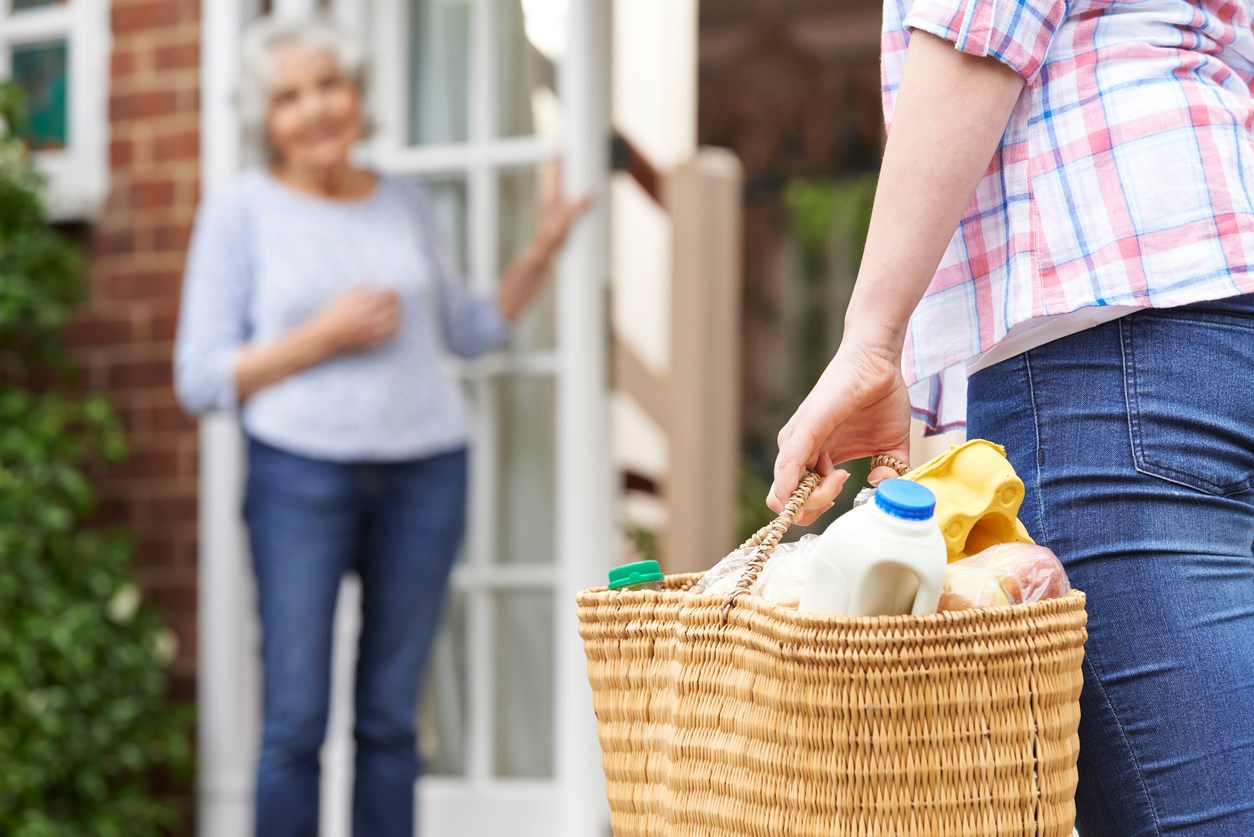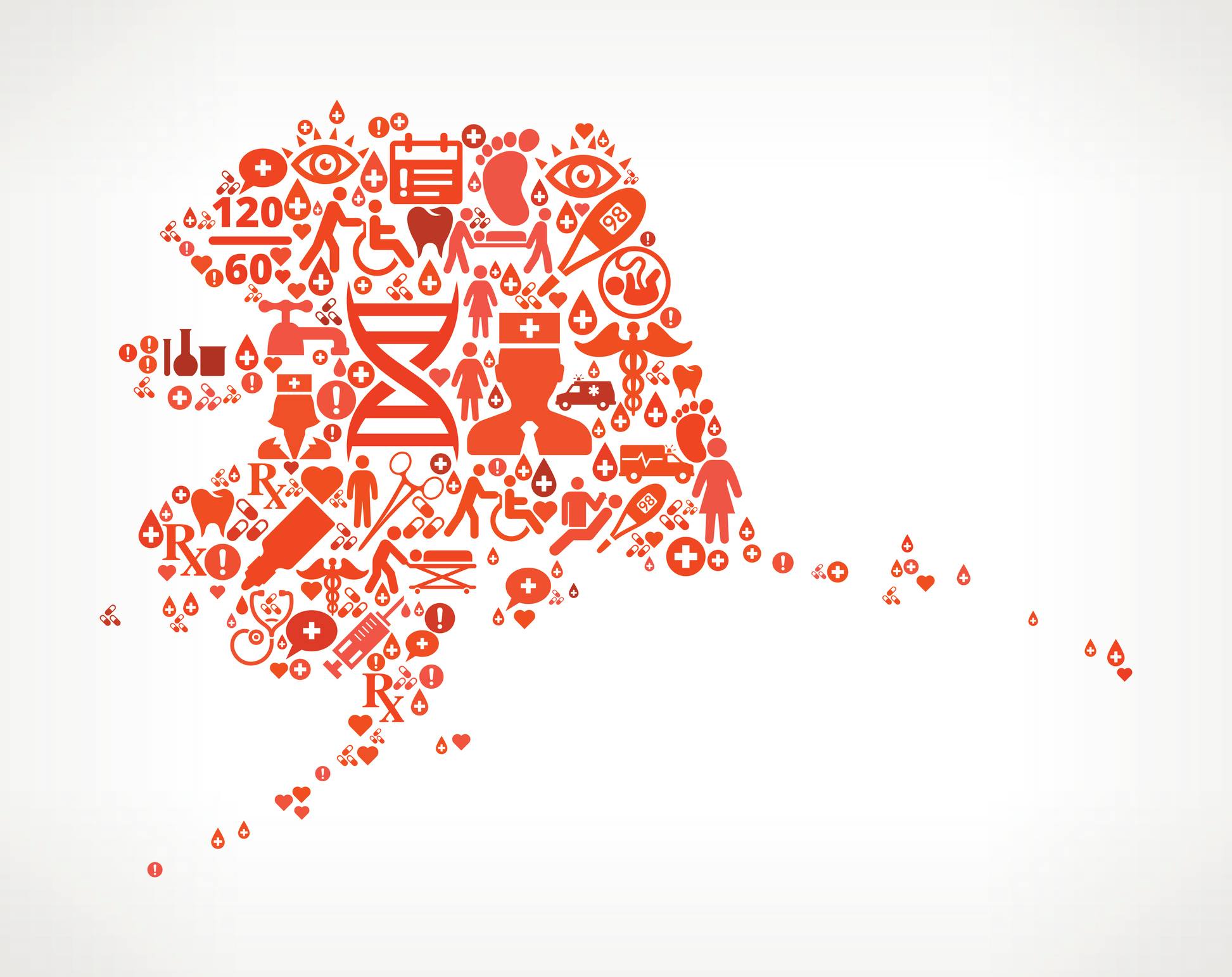Well-Being Alaska
When life feels uncertain or when we don’t generally feel safe, it is normal for the mind and body to respond by feeling stress. Stress is a normal reaction that is hardwired in our body to help protect us with “flight or fight.”
During stressful situations, like the COVID-19 health emergency, a normal response is to feel threatened by the uncertainty. We may feel a lack of control about what will happen or what we can do to prevent further stress. This uncertainty might also remind us of past times when we didn’t feel safe.
If we don’t do things to help ourselves, our well-being can be negatively impacted. Well-Being Alaska provides Alaskans with tools to build resiliency for those affected by stress during these uncertain times.
Well-being is having good mental health, life satisfaction, a sense of meaning or purpose, and the ability to manage stress. Well-Being Alaska offers healthy ways to cope, encourage self-care, and reduce stress. Here are well-being steps you can choose to use today.
Keep kindness at the forefront.
Be kind to yourself. Practice compassion with others and with yourself. We all have our individual ways of responding to stressful situations. Remember that others may respond differently to the stresses from COVID-19.
Please share your daily act of kindness with the department through
Twitter or
Facebook.

Keep the body strong.
Be mindful of your lifestyle. In stressful times we sometimes neglect our bodies. By eating healthfully, exercising, and having good sleep habits, we can improve the way we manage stress. Exercise has been shown to reduce symptoms of anxiety and depression. For tips on how your family can stay active visit:

Keep the mind strong.
Breathing exercises actually work! Deep breathing is one of the best ways to lower stress in the body. This is because when you breathe deeply, it sends a message to the brain to calm down and relax. Visit the sites below for examples of techniques and exercises you can start using today.

Keep connections strong.
Sometimes speaking our fears out loud to a trusted friend or loved one can help decrease anxiety. Reach out to family and friends, colleagues, and community groups through phone calls, texts, video chats, and other ways. Remember that keeping culturally connected is also important.

Keep to the facts.
Be aware that there may be rumors during a crisis, especially on social media. Turn to reliable sources of information like your local government authorities. While you might want to stay up-to-the-minute with COVID-19 news, too much exposure can be overwhelming. Balance media consumption with other activities you enjoy, such as reading, cooking or listening to music.

Everyone’s reaction to stress is different. Difficulty concentrating or sleeping, irritability, fatigue, anger, feeling helpless, and stomachaches are all normal responses to stress. If you are feeling hopeless or having thoughts of self-harm or suicide, reach out for help right away. Call the
Alaska Careline at 877-266-4357 or text 4help to 839863 or call the
National Suicide Prevention Lifeline at 800-273-8255. Asking for help makes not only you, but our communities and our state stronger.
We are in a stressful time for Alaska, and we recognize that stress is heightened for our substance use disorder and behavioral health providers. This is why Well-Being Alaska also provides tools, resources, and trauma-informed practices specific to these communities.
Together, and with Well-Being Alaska, we will find ways to stay strong and support each other. At DBH we are committed to promoting and protecting the health and well-being of all Alaskans.